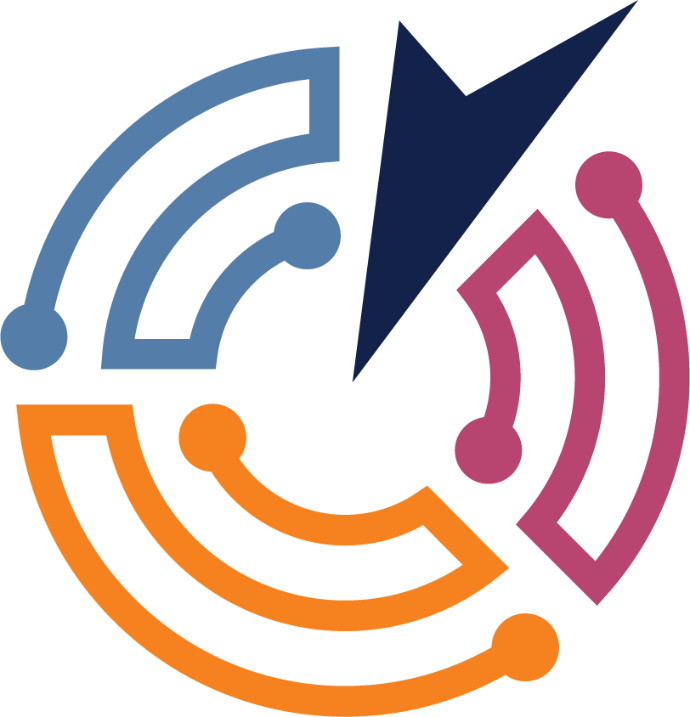Your education at OpenSource Science
Your education at OpenSource Science

If you want to become the next-generation IT specialist with a Free and Open Source mindset, then our program has a lot to offer:
- Higher education
- 240 ECTS credits (European Credit Transfer System)
- Distance learning with at least 25% live video feeds
- Modular program: every course can be followed separately
- Combination of theory and practice
In the spirit of the free software movement, you can use all educational content of our program gratis.
Of course, if you want to make the most of your studies and boost your career, you’d have to enroll in the program, which is not gratis. As an enrolled student at our institution, you get professional guidance from our experienced teachers, who will mentor you and help you with your studies and career. Enrolling also gives you the right to take exams and get a degree if you pass.
All professors of OpenSource Science have trained over 100k of students in
their career and guided over 2000 students with their bachelor and master thesis.
Study program
Some of the topics you’ll learn about:
Linux
You learn a broad range of topics related to administration and operation of a GNU/Linux operating system. You know the components of a Linux system, you know your way around the command line, you write shell scripts to automate common administrative tasks and you learn how to configure and maintain essential system services, such as a web server, DNS server, or database server, as well as networking components. You also implement security measures on a Linux system, including firewalls, logging, and access control.
Python
Python is a popular, high-level programming language that is used for a wide range of applications. It’s versatile, easy to use and with a large and active community of developers. You not only learn the basic programming concepts in Python, but you also master advanced programming concepts such as metaprogramming, design patterns, and threading. Graphical user interface programming, processing files, network programming and using databases are all covered in our courses. You will become proficient in one of the most popular programming languages, and your demonstrated skills are valuable for potential employers.
Security
IT security is a critical aspect of modern technology, so it’s also an essential component of your education. You learn how to secure information systems and data, you master the skills and knowledge to prevent data breaches, to ensure the confidentiality, integrity, and availability of sensitive information, and to defend against attackers. Overall, this will provide you a solid foundation in IT security.
How our program works
A key concept in our curriculum is the combination of theory courses on the one hand with the student’s portfolio and practical assignments on the other hand. This enables us to test the student’s competencies often. Exams about the theory courses will be taken frequently by external organizations.
Practical assignments
With practical assignments, students need to demonstrate that they master the skills we expect from them, combining the theory from different courses. For example, in their first year’s assignment, they need to install a GNU/Linux distribution on a machine with an Integrated Development Environment and write a Python program.
Portfolio
With a portfolio, students need to prove that they are able to apply the subject matter of the theory courses in their working environment. As part of this, they need to show how they master the learning objectives of the courses.